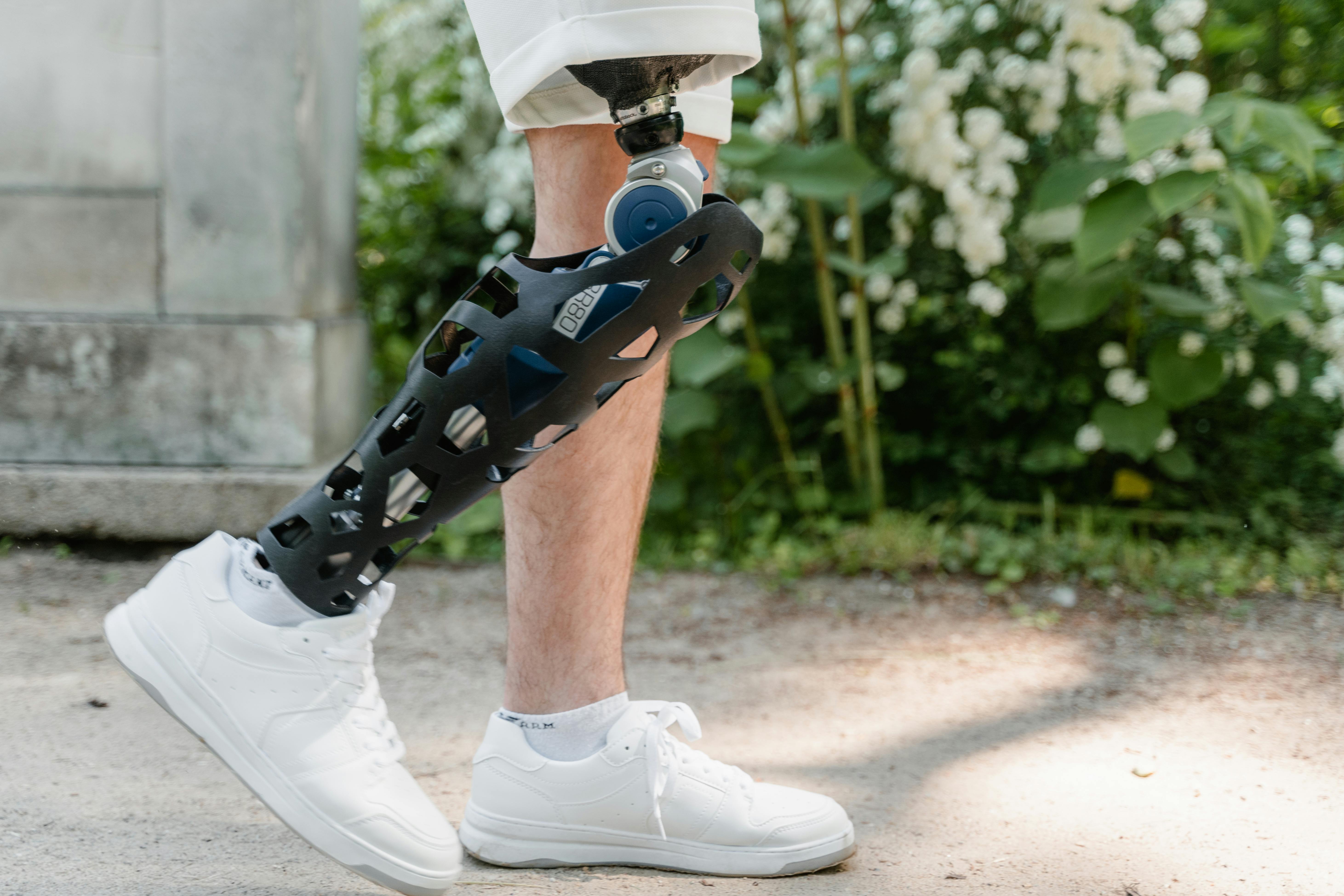Comprehensive Guide to Randolph Gardens Health and Rehabilitation
Choosing the right health and rehabilitation center is a critical decision for patients and families alike. Randolph Gardens Health and Rehabilitation stands out as a leading facility committed to delivering comprehensive care with compassion and innovation. This guide explores what makes this center unique, what services it offers, and how it ensures the well-being and recovery of its residents.

Understanding the Fundamentals
Randolph Gardens Health and Rehabilitation is more than just a care facility—it’s a place where healing, support, and dignity come together. The core concept behind this center is to provide individualized care plans that support each resident’s physical and emotional needs.
Historically, rehabilitation centers focused primarily on physical healing. However, today’s approach includes emotional well-being, cognitive engagement, and personalized recovery plans. Randolph Gardens embodies this evolution with a holistic strategy tailored to each patient.
1.1 Patient-Centered Care
Patient-centered care emphasizes the individual’s preferences, needs, and values in all decisions. At Randolph Gardens Health and Rehabilitation, staff members create customized recovery plans based on clinical assessments and personal goals. For instance, stroke survivors may need both physical therapy and speech therapy in tandem.
Real-world applications of this model include personalized dining options for dietary restrictions and flexible therapy schedules. Many assume all rehab centers follow a one-size-fits-all model, but Randolph Gardens proves otherwise through individual attention and adaptability.
1.2 Interdisciplinary Collaboration
Unlike facilities with fragmented care, Randolph Gardens encourages teamwork among healthcare professionals. Nurses, physical therapists, dietitians, and social workers meet regularly to align on patient progress and goals.
This interdisciplinary approach ensures seamless transitions between care phases and avoids conflicting treatments. It’s a hallmark of high-functioning rehab environments and one of the key strengths of Randolph Gardens Health and Rehabilitation.
Practical Implementation Guide
Understanding how these philosophies translate into daily care routines is crucial for prospective residents and families. Randolph Gardens implements its patient-focused values through structured processes and dedicated staff training, creating a measurable impact on recovery outcomes.

2.1 Actionable Steps
- Admission Process: Families begin with a consultation to discuss the patient’s medical background and care goals.
- Care Plan Development: A multidisciplinary team designs a plan including therapy frequency, nutritional needs, and social activities.
- Ongoing Evaluation: Weekly assessments adjust treatments as recovery progresses, ensuring continuous alignment with patient needs.
2.2 Overcoming Challenges
Common obstacles include adjusting to a new environment, resistance to therapy, and post-acute complications. Randolph Gardens addresses these with:
- Orientation programs for new residents
- Incentive-based therapy sessions
- Rapid response to medical issues
Staff also watch for signs like weight loss or mood changes, which can indicate deeper issues. Proactive measures help minimize setbacks during rehabilitation.
Advanced Applications
Once basic care routines are established, many patients benefit from advanced therapies. Randolph Gardens Health and Rehabilitation integrates technology and specialized programs that push recovery boundaries for improved long-term results.

3.1 Robotic-Assisted Therapy
Robotic devices assist patients with limited mobility, especially after surgeries or neurological conditions. These machines enhance muscle memory, reduce fatigue, and produce faster gains in motor skills. According to recent studies, robotic therapy has increased gait performance by up to 30% in some cases.
3.2 Virtual Rehabilitation Programs
Integration of virtual reality allows patients to engage in simulated environments for cognitive training and mobility enhancement. These tools are particularly effective for younger rehab patients and those recovering from brain injuries. Randolph Gardens ensures these platforms are accessible and customized to each user’s skill level.
Future Outlook
The future of rehabilitation services is exciting, with AI-powered diagnostics, smart wearables, and personalized genomic medicine paving the way. Randolph Gardens Health and Rehabilitation is already exploring some of these trends in pilot programs.
Over the next five years, we can expect a growing emphasis on remote rehab monitoring and hybrid models combining in-person and virtual care. Families and patients should stay informed and flexible to adapt to these innovations.
Conclusion
To summarize:
- Randolph Gardens Health and Rehabilitation delivers person-centered, data-driven care.
- Its interdisciplinary approach fosters better recovery and satisfaction.
- Advanced techniques help patients regain independence faster.
If you’re seeking a reliable, compassionate care facility, Randolph Gardens stands as a premier option. Reach out today to schedule a consultation or tour to see firsthand the difference personalized rehabilitation can make.
Frequently Asked Questions
- Q: What services does Randolph Gardens Health and Rehabilitation offer? Comprehensive rehab, skilled nursing, occupational therapy, speech therapy, memory care, and more.
- Q: How do I start the admission process? Contact the admissions team to schedule a consultation and review medical documents.
- Q: How long does rehabilitation typically take? Depending on the condition, programs may last from a few weeks to several months.
- Q: What does it cost to stay at Randolph Gardens? Costs vary based on care level and insurance; private pay and Medicaid options are available.
- Q: How does this facility compare to others? Randolph Gardens is known for its personalized care and innovative therapies that exceed industry standards.
- Q: Is the care very technical or easy to understand? Staff explains procedures in layman’s terms, and patients are supported every step of the way.
- Q: Is this facility suited for seniors with specific conditions? Yes, it’s equipped for post-surgical recovery, stroke rehab, dementia care, and chronic illness management.
